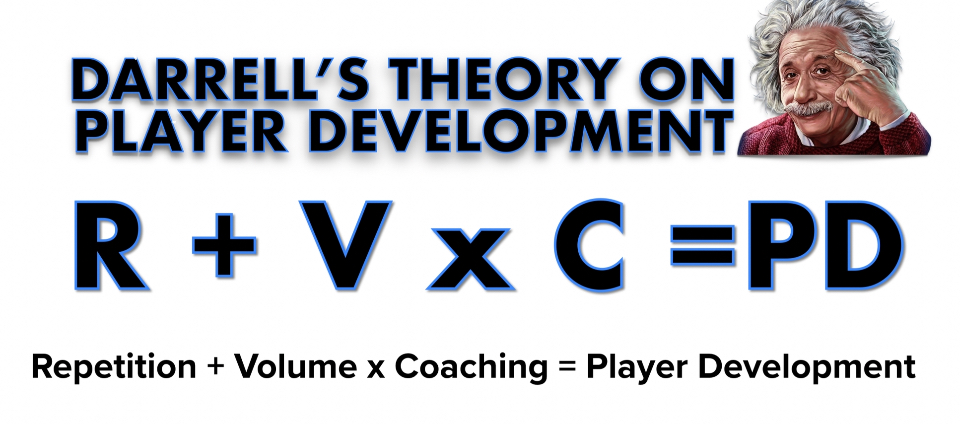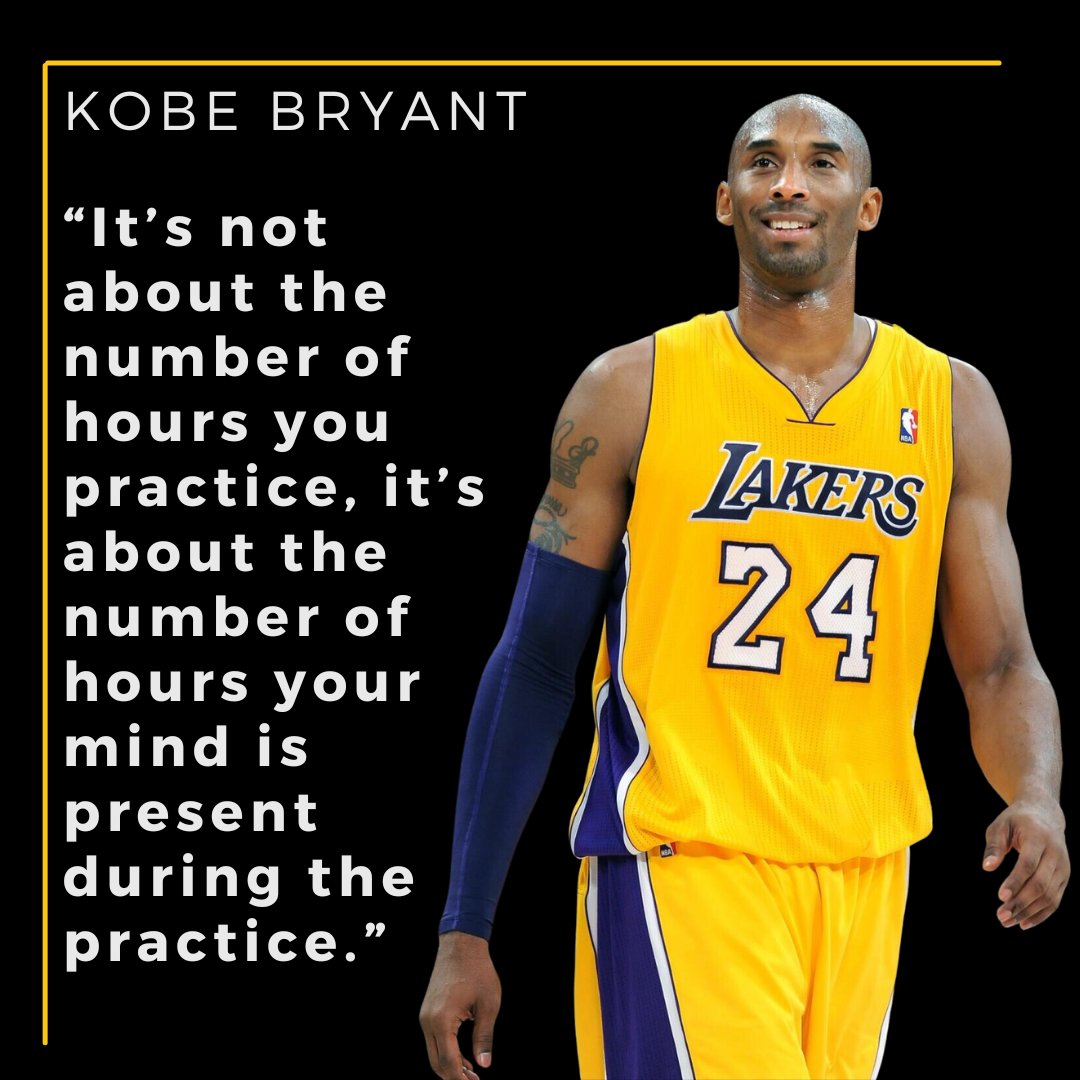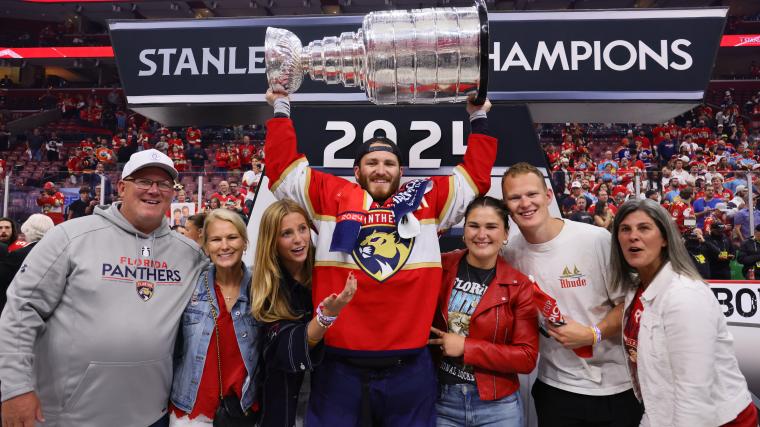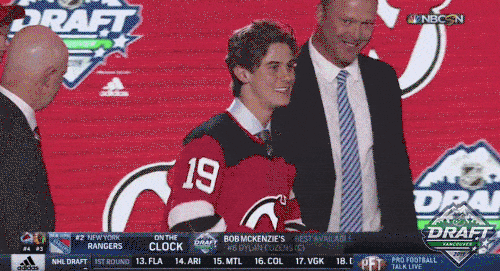The Science of Skill: What Really Creates an Elite Hockey Player?
May 16, 2025
If hard work beats talent when talent doesn’t work hard, then how do we explain the dynasties of family names in the NHL? The Sutters, the Niedermayers, the Hughes brothers, the Tkachuks—these families don’t just send one player to the NHL, they send multiple.
Is it genetics?
Is it environment?
Is it sheer obsession and work ethic?
I’ve spent a lifetime around the game—as a player, a coach, and as the son of one of the most successful junior hockey coaches of all time, Don Hay. I’ve watched future NHL stars develop, and I’ve worked with players trying to grind out every inch of improvement to take that next step. And I believe development is a science, and in hockey, that science boils down to a simple equation:

Repetition + Volume × Coaching = Player Development
But is that enough? Does natural ability give certain players a head start? Do hockey bloodlines provide an unfair advantage? And at what point does sheer obsession and work ethic override everything else?
Let’s break it down.
🏒 Are Great Players Born or Made?
The NHL is full of second-generation players, and that’s not just a coincidence. Former players’ kids grow up with elite-level hockey as their normal, eating dinner with dads who played 1000 games and learned the game at the highest level.
Take Brian Boucher, my former teammate in Tri-City. His son, Tyler Boucher, was a first-round NHL pick. Or Micki DuPont, a WHL star in Kamloops, whose son, Landon, just received exceptional status to play in the WHL a year early- something only a handful of players in history have achieved.
Does that mean that if your dad didn’t play pro hockey, you’re at a disadvantage?
Not necessarily. Talent doesn’t guarantee success. The real separator? Obsessive drive.
📚 The 10,000-Hour Rule and the Sesame Street Effect
Malcolm Gladwell’s 10,000-hour rule suggests that deliberate practice over time creates mastery. But Kobe Bryant had a different take:
“It’s not the number of hours you practice, it’s the number of hours your mind is present during practice.”
That’s the difference. The players who show up fully engaged, committed, and obsessed with improving don’t just put in reps- they absorb and apply the lessons.
It’s the same model that Sesame Street and Blue’s Clues used to teach kids- repetition plus engagement equals retention. USA Hockey’s American Development Model (ADM) applies this logic by maximizing puck touches, encouraging creativity, and prioritizing skill development over just playing games.
Reps are great. Engaged reps are elite.
🧬 The Genetics Factor: Built Different?
A good friend of mine once said:
"Genetics are real, Darrell. Look at dogs and horses."
And he’s got a point.
If you want a fast greyhound, you don’t breed a bulldog with a dachshund. If you want a Kentucky Derby winner, you don’t start with a Clydesdale.
So yeah, some players are just built different. Connor McDavid and Nathan MacKinnon aren’t just fast because they train hard- their body composition, muscle fiber types, and neuromuscular coordination give them an edge.
But here’s the thing- genetics don’t guarantee success. The best skaters in the world still have to train their edges every day.
If raw talent were everything, the NHL draft would be a perfect predictor of success- but it’s not. Countless first-round picks fizzle out. Countless late-rounders become stars.
Genetics open the door. Work ethic kicks it down.
🔥 The Role of Coaching & Environment
Even the best genetics won’t matter if a player isn’t put in the right environment to succeed. That’s why coaching matters.
At what age does quality of coaching become a major factor? Is it 6 years old when players first start? 10 years old when habits begin forming? 15 years old when players are chasing junior opportunities?
The truth? There’s no universal answer.
✔ Sidney Crosby only played hockey growing up. Wayne Gretzky played everything.
✔ Martin St. Louis was a late bloomer. Auston Matthews played in Arizona.
Different paths can lead to the same destination. The key is finding what works best for the individual player.
But quality coaching accelerates development- and the earlier a player gets access to it, the better.
🏋️♂️ The Multi-Sport Debate: Specialization vs. Athleticism
Should kids only play hockey? Or should they develop athleticism by playing lacrosse, soccer, or baseball?
For years, scouts and development coaches have debated early specialization vs. multi-sport athletes.
The pros of multi-sport athletes:
✅ Better overall athleticism (agility, explosiveness, coordination)
✅ Less burnout (mentally and physically)
✅ Fewer overuse injuries
The pros of early specialization:
✅ More puck touches = better hands & vision
✅ More time on ice = higher hockey IQ
✅ Early mastery of elite skating mechanics
The reality? There’s no perfect blueprint. But the best NHL players are the best athletes- whether they played other sports or not.
🏒 The Formula for Success?
So, what actually matters?
✔ Genetics?
✔ Coaching & Environment?
✔ Repetition & Volume?
✔ Obsession & Work Ethic?
The answer? All of it.
Some players have NHL DNA. Others have to grind for every inch of success. But there is no one-size-fits-all formula.
The only common denominator among every elite player?
They were willing to do what others weren’t.
Now, the real question is- are you?🏒
About the Author:
Darrell Hay is an avid believer in the American Development Model (ADM)- though he prefers to call it the Adaptable Development Model because, in hockey, the ability to adjust is everything. A student of the game with 16 seasons of professional experience, he’s seen firsthand how skill development shapes careers. Now, as a coach, he studies player progression like a mad scientist in a film room- minus the lab coat (for now). A proud supporter of USA Hockey, Darrell still feels his heart break every time Al Michaels yells, “Do you believe in miracles?” because, well… Canada didn’t win that one. But if Canada ever made a movie about winning a gold medal? They’d just call it “Tuesday.” Because up north, winning on the world stage isn’t a miracle—it’s just another day of the week.




